In the months after her COVID-19 diagnosis, Debbie Kilroy began to wonder if she was losing her mind. Long after her release from isolation, she still suffered from fatigue and breathlessness that left her gasping after even the briefest walk or set of stairs.
For a woman who was used to handling the dual demands of working as a human rights campaigner and lawyer, it was a humbling and horrifying experience.
Then one day in early June, three months after the onset of the virus, Debbie’ eyesight suddenly began to fail, and she rushed to hospital fearing she was going blind.
“My eyes flared up, they felt like they were on fire and I couldn’t see. It was really scary. They tested my eyes and there was nothing in there,” says Debbie, whose loss of vision was temporary. “The doctors said it’s probably just another aspect of COVID.”
My eyes flared up, they felt like they were on fire and I couldn’t see. It was really scary.
Debbie, a well-known Queensland lawyer and the CEO of Sisters Inside, which advocates for the rights of women and girls in prison, tested positive for COVID-19 in March after returning from a trip to the US with indigenous activist Boneta-Marie Mabo. The women spent 23 days together in isolation with the virus, and Debbie tested negative after 104 days.
Now, four months after her diagnosis, Debbie, 59, is back at work, though her life is filled with specialist appointments to monitor her symptoms and check for compromised organ function. Though she’s slowly feeling better, she still suffers from breathlessness and lethargy some days.
“I had just thought ‘It’s over now and I can go home and get on with life’, but it wasn’t like that.
“I thought I was going mad, I was feeling quite depressed. I’m a pretty hard-headed person and have been through many things in life but it was breaking me down because I didn’t know what was happening to my body.”
A second wave of symptoms
Researchers at St Vincent’s Hospital in Sydney are currently trying to find answers for people like Debbie.
They are monitoring the ongoing symptoms of 100 people who were diagnosed with COVID-19 earlier this year, and have found that 80 per cent of those who had an acute case of the disease are still experiencing symptoms more than three months on.
Professor Greg Dore, an infectious diseases physician at the hospital, says it’s possible lingering symptoms are caused by an overactive immune response in some patients. “We know now that COVID-19 is an acute illness that triggers a very strong immune response in many people, a so-called cytokine storm. A lot of the damage is not from the direct viral effects – the virus attacking the body – it’s the immune response itself.”
COVID-19 is an acute illness that triggers a very strong immune response in many people
The St Vincent’s Hospital findings come as international research teams reveal similar results. Contrary to the belief that COVID-19 is little more than a ‘bad flu’, the studies suggest that for some people, surviving COVID-19 is only the beginning, with health issues sometimes persisting for weeks or even months.
A small study of 143 patients from an outpatient service at the The Gemelli University Hospital in Rome found 55 per cent had three or more persistent symptoms, like fatigue, chest pain, and breathlessness about 60 days after the onset of the virus.
An Asthma UK and British Lung Foundation online survey of more than 1000 COVID-19 patients found the vast majority experienced breathing problems and extreme tiredness for weeks.
The University of NSW’s conjoint professor of respiratory medicine, Christine Jenkins, stresses that COVID-19 will present with mild symptoms in about 80 per cent of people.
But she says recovery can be prolonged for some because it is a multisystem disease, which can cause inflammation in the lungs, heart, kidneys, and brain. It also affects blood vessels and can cause clotting.
Professor Jenkins says COVID-19 pneumonia is particularly severe. Unlike bacterial pneumonia, which affects one part of a lung, the COVID-19 strain shows up in patches all over the lungs. “The process of getting back to being fully energetic, fully able to do your normal working day without any sense of not quite making it, or being wacked, that takes several weeks even in a fit young person,” she says. “In an older person, it takes more than a couple of weeks, it can take a couple of months.”
Some COVID-19 patients have likened their ongoing symptoms to Chronic Fatigue Syndrome, the nebulous condition characterised by severe fatigue. But Professor Jenkins is reluctant to compare the two illnesses. “Chronic Fatigue goes on and on – it’s a disease that goes on for at least a couple of years in some people. But we do not necessarily have reason to believe that will happen with COVID-19.”
She says lingering neurological symptoms may be explained by inflammation and small clots in the blood vessels flowing through the brain.
For some people these symptoms may be exacerbated by anxiety and “the fear of having had this awful experience and possibly doing something that could cause them to slip back” and notes that intensive care can be a traumatic experience for many patients.
Professor Dore doesn’t believe the lingering after-effects of COVID-19 can be put down to psychological causes alone. “I don’t believe it’s a psychological syndrome – but there’s no doubt that in a lot of illness there’s an interplay between physical effects and psychological effects.”
Calls for more support
The ongoing mental and physical care needs of COVID-19 sufferers have been acknowledged in the UK, which has had more than 290,000 confirmed cases. The NHS has published guidance on the holistic approach needed for recovery, and has set up on-demand online and phone clinics.
Similar services have been launched at some hospitals in the US, including at Mount Sinai in New York, a city that’s had more than 220,000 cases. In Australia, which has had comparatively low rates of the virus, long term care is being managed by GPs.
Debbie says she struggled with the lack of medical support after leaving isolation. “People are just dealing with it themselves and thinking that they’ve got something else,” she says. “I’ve has to be quite persistent. It can spiral you down to deep depression, to not know what’s happening to you, and thinking maybe you have picked up something else.”
In the absence of official help, some long-term sufferers are turning to social media for moral support.
Amy Watson, a 47-year-old teacher, is sitting in a sunny spot in her Portland, Oregon house, feeding her dogs bone-shaped treats as we talk. She describes having persistent unexplained fever, breathlessness, rashes, memory loss, and crushing fatigue since her diagnosis in March. The fatigue, she says, can be unrelenting, requiring naps during the day, even after a full night of sleep.
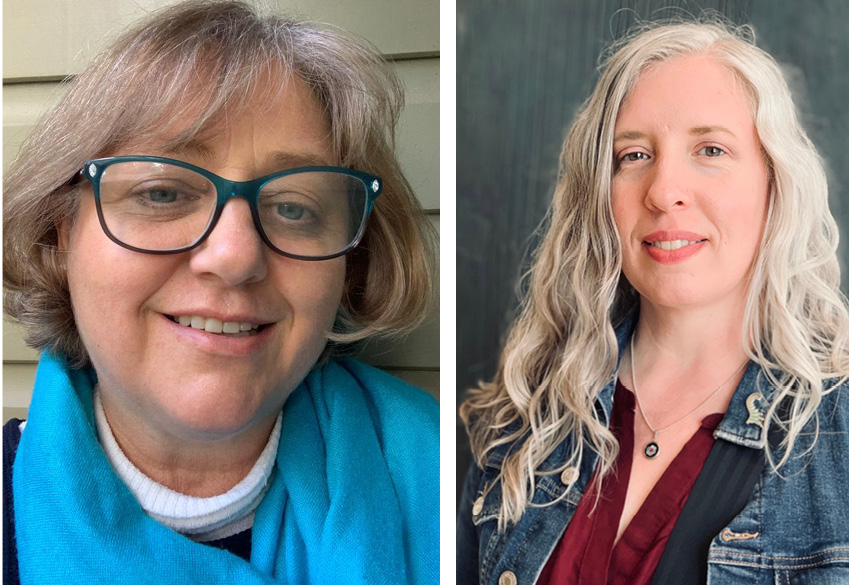
She formed two Long Haul COVID-19 Fighters Facebook support groups, which now have more than 7000 members, including a small number of Australians. “There are people all over the world being affected by this who are looking for answers because they’re not finding them in their doctor’s office.”
“The first thing we [say] is: ‘Know you’re not crazy, and you are not alone’.
“The first thing we [say] is: ‘Know you’re not crazy, and you are not alone’.
Gabriela Domiceli, a 54-year-old management consultant from NSW, contracted Covid-19 after a business trip to regional France in March. As she talks about her prolonged COVID-19 battle, it takes just 10 minutes of talking to bring on chest pains.
Gabriella was hospitalised three times in a western Sydney hospital and returned a negative result after 50 days. She recalls the alien experience of being in isolation, treated by nurses and doctors who often stayed on the other side of a window.
“Usually if you’re in hospital you chat with the nurse or the doctor and you develop a rapport and you find out more about what’s going on medically. When people came into the room they had to gown up totally, with gloves and shoe coverings and a mask. What was strange was they were unrecognisable.
“My main symptoms were lacking oxygen … and feeling as if someone was pressing down on my chest, which was the pneumonia. The symptom that is still with me today is lethargy and tiredness. That feeling just takes a long time to get over. Our GP has talked about the similarity with glandular fever, where patients take a year of still not feeling right.”
Gabriela has gone back to work, but sees a physiotherapist twice a week for a weights regime to strengthen her lung capacity.
She wants people to know how serious COVID-19 can be and, as outbreaks reemerge, to take warnings from authorities seriously.
“I think it is important that people don’t feel as if it won’t affect them. It’s important to not trivialise this.”
Want more stories like this? Sign up to PRIMER’s weekly newsletter here.




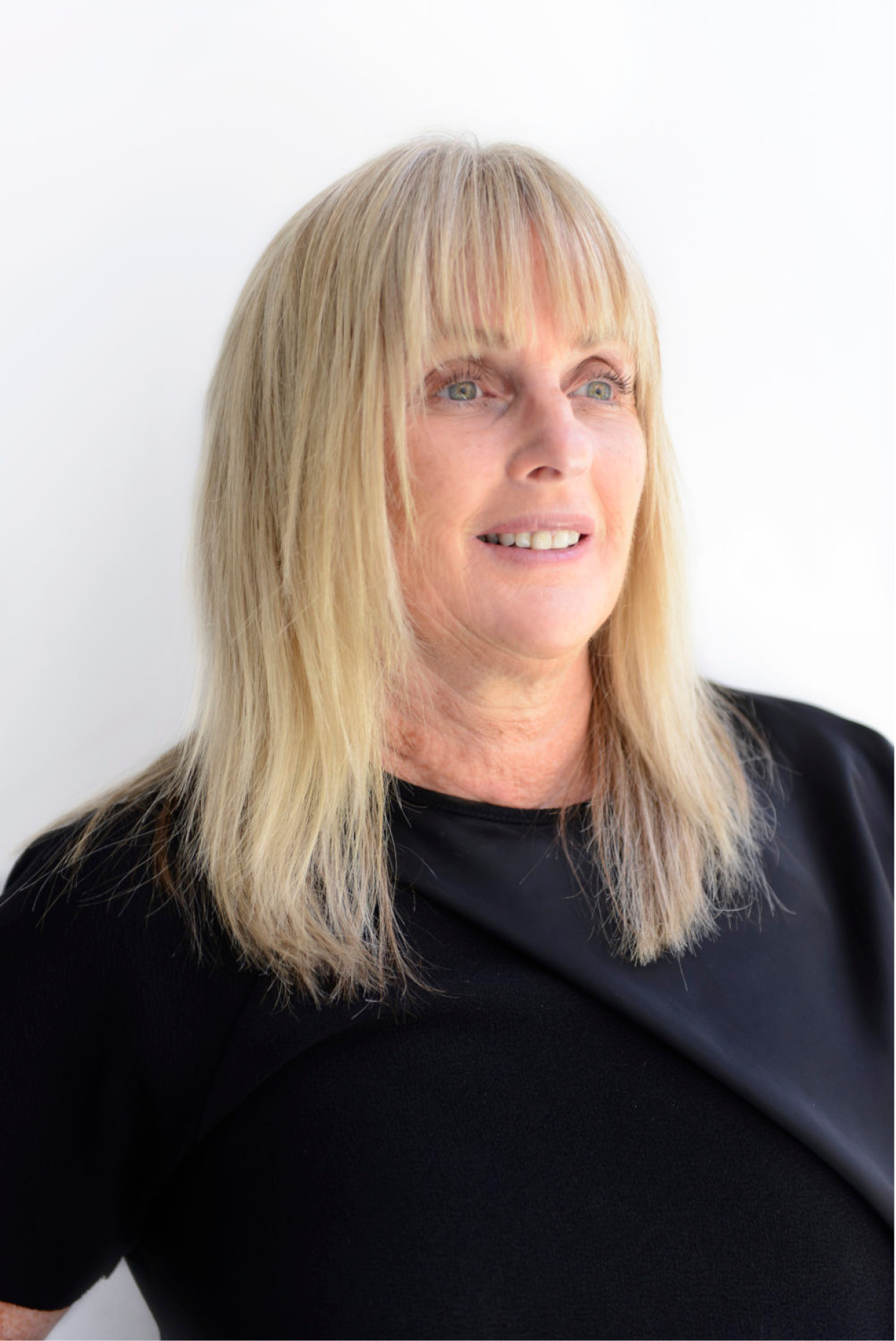
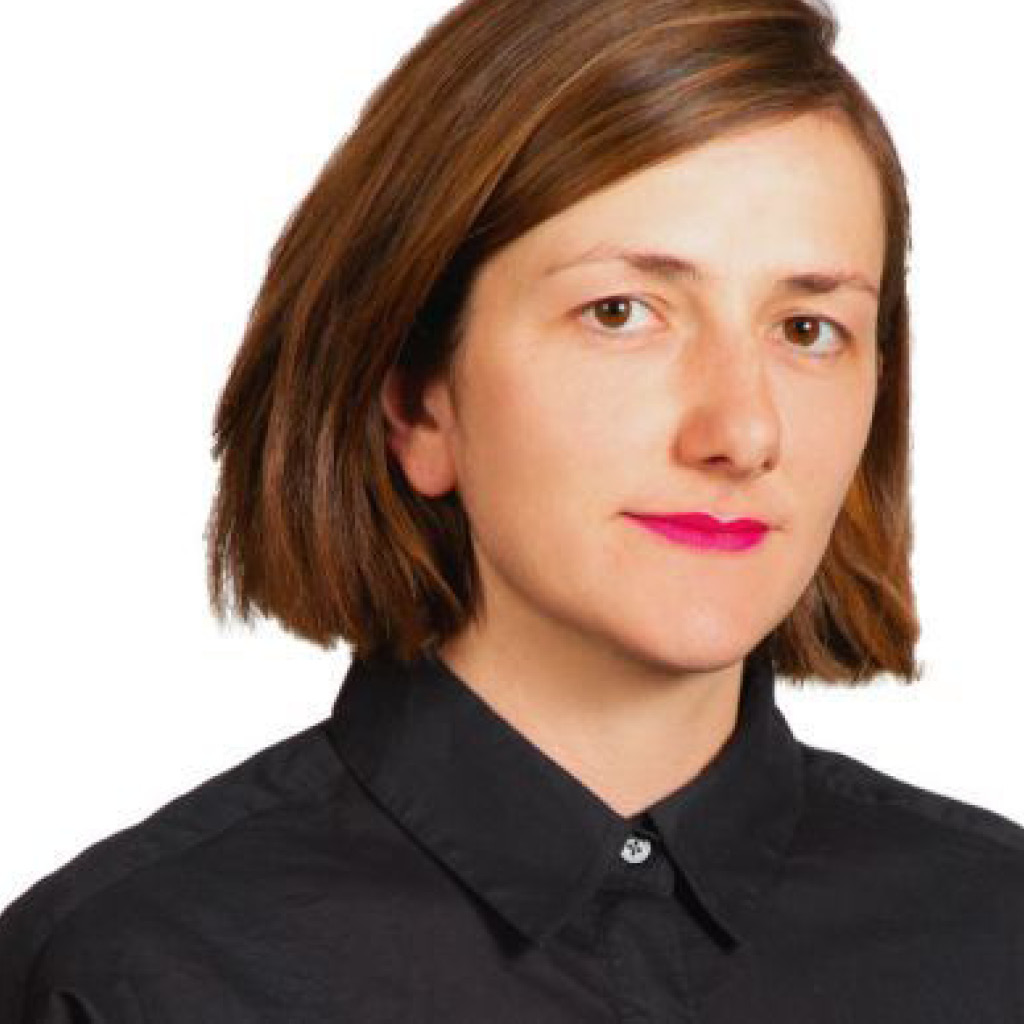

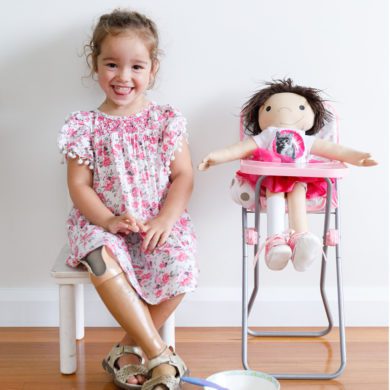
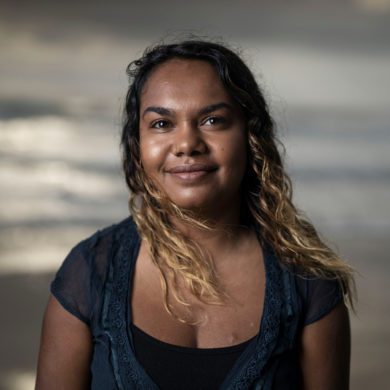
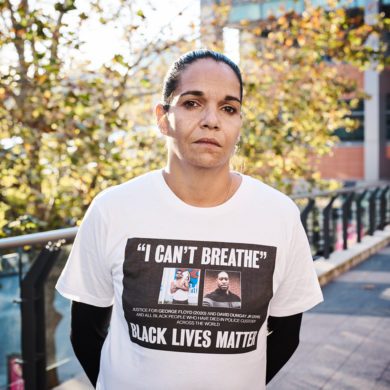
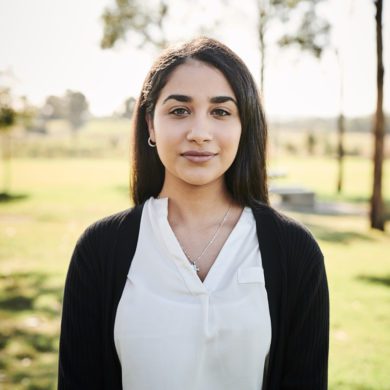


2 Comments